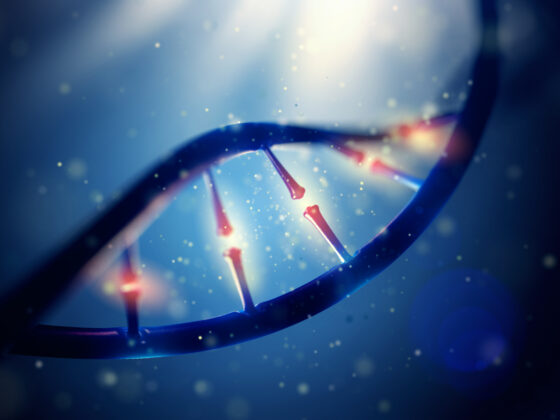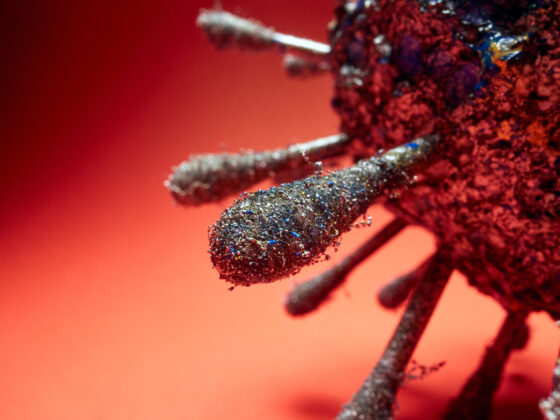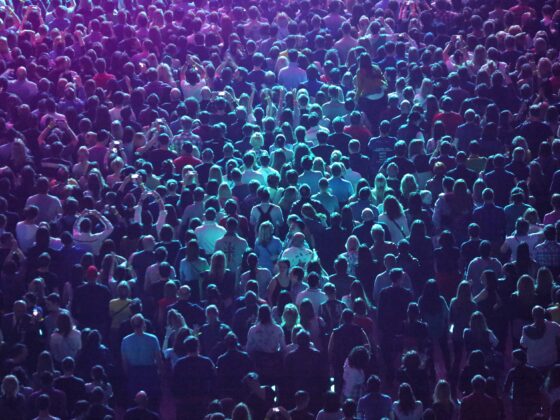This week is ‘Autism Acceptance Week’, and this is being promoted all over Twitter. Despite not following any irritating autism promotion, neurodiversity, etc accounts, such as the National Autistic Society (who I can’t stick for a number of reasons), I have been seeing ‘Autism Acceptance’ tweets all over the platform. So it seems Elon Musk, despite unbanning some good accounts, is helping to promote the normalisation and glamorisation of autism via ‘Autism Acceptance Week’.
The premise of autism acceptance week is very simple: it is that autism is a natural human variation and actually there’s nothing wrong with it, the only problem is society doesn’t accept it. As readers of this page will probably know by now the author has an autism diagnosis. It’s always very funny to me that woke people in general will say ‘listen to autistic people’ as part of promoting the neurodiversity narrative but the moment I say that I believe it’s vaccine-injury and that it’s miserable they try to shut me up (not going to happen). Or they accuse me of not being autistic, despite the fact I have a diagnosis so I am an actual genuine gold star autist. Honestly I got my diagnosis a year ago and the best thing about it is being able to tell the wokie dope neurodiversity fuckers that I have one so I am a real autist and I still think that they talk shit. But I digress.
Let’s start by looking at some of the examples of autism promotion on Twitter on the #AutismAcceptanceWeek hashtag on Twitter that serve as examples of autism glamorisation.
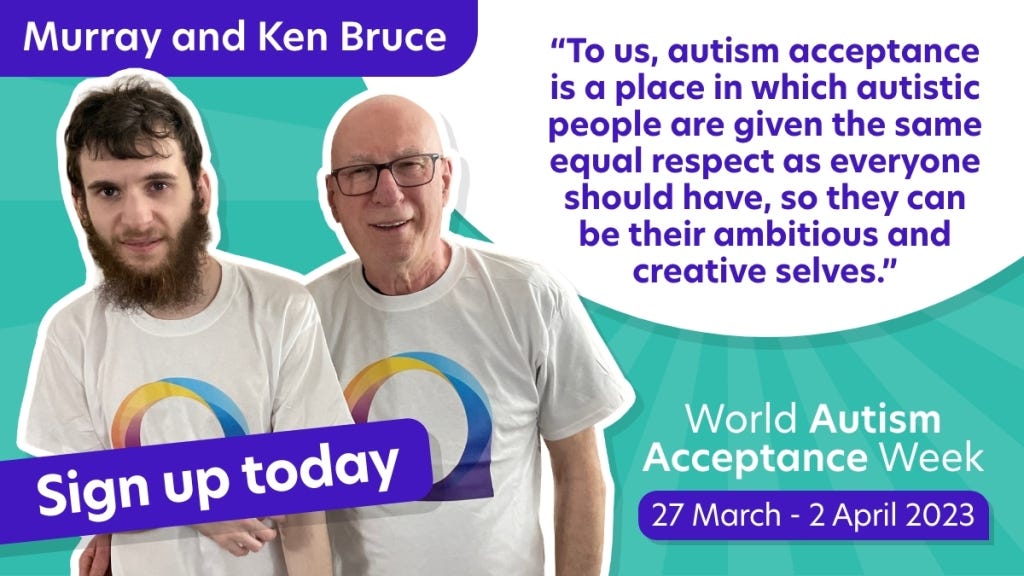
Response: How can severely ill children & adults with seizures, non verbal and with severe gastroenterological symptoms be ‘ambitious and creative’?
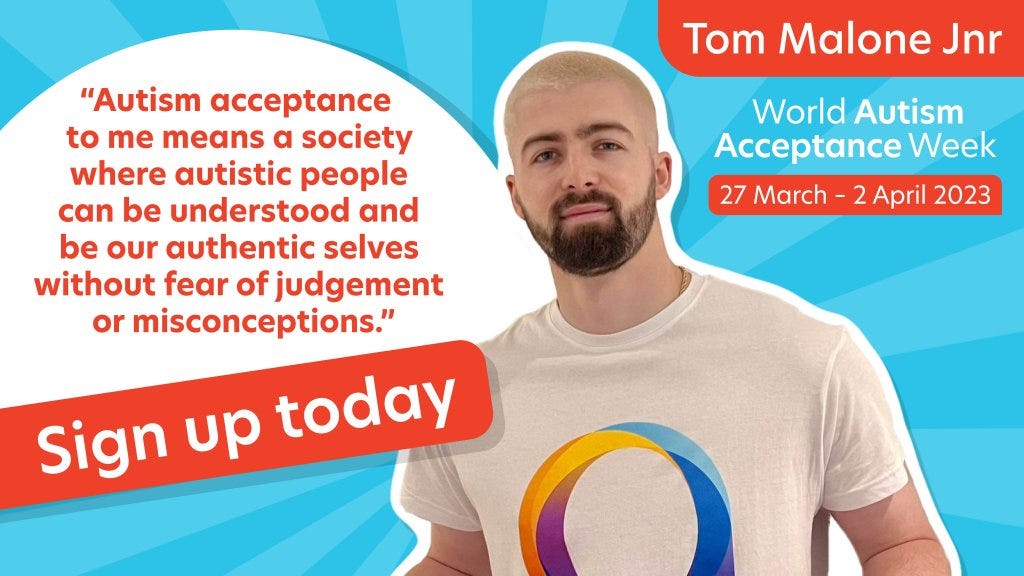
Response: I picked this one as I find it interesting that they appropriated the ‘Authentic Self’ language from transgenderism. And if transgenderism is created by big pharma (it is) what does that say about autism?
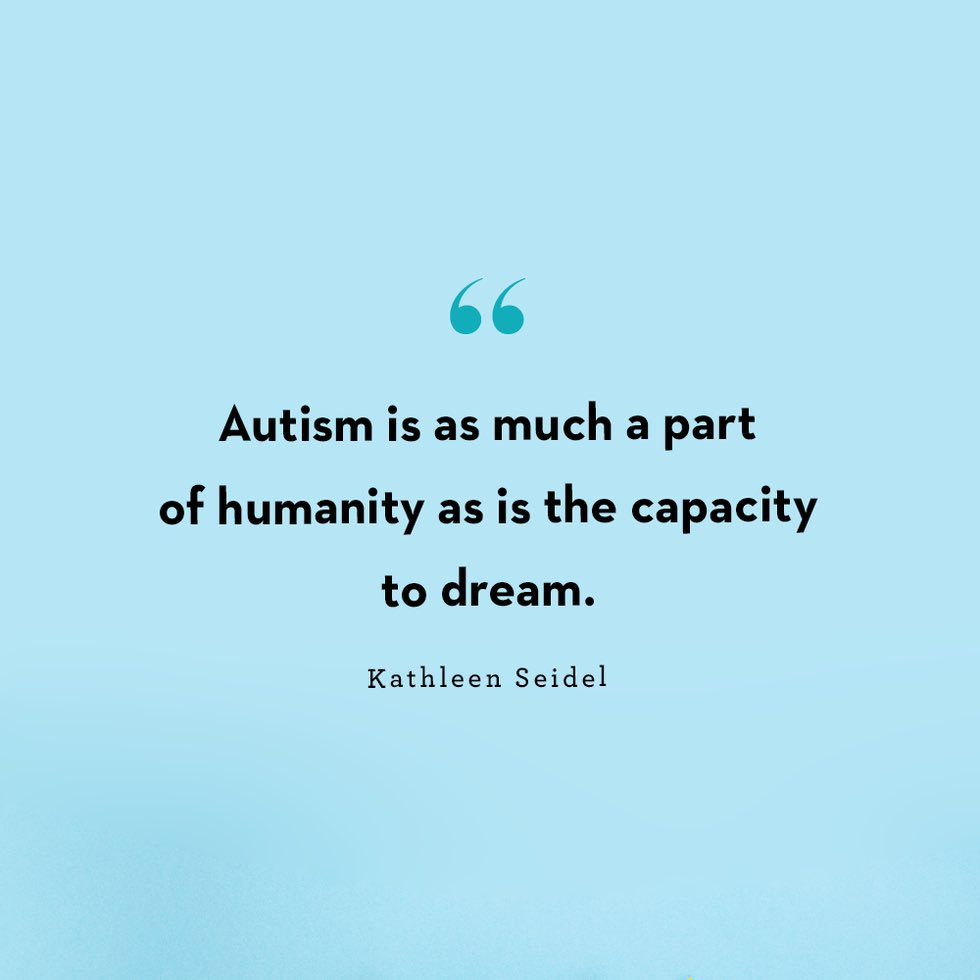
Response: I don’t even know how to respond to this, other than to say the Greeks and the Romans did a lot of medical shit, where’s their descriptions of regressive autism? If it’s perfectly normal, I’m sure some upper class Greek or Roman would have had it happen to their child at some point.
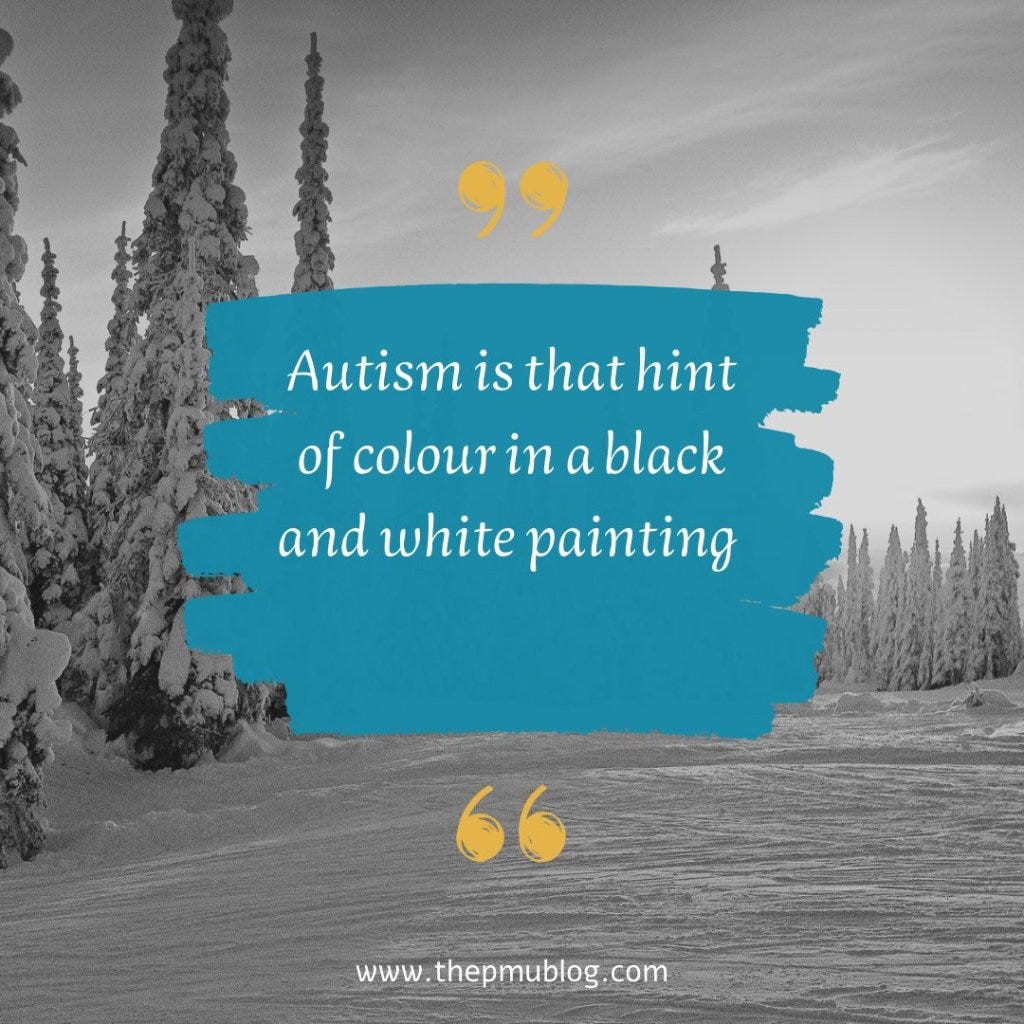
Response: I can’t even respond to this except by throwing things. Do I even need to explain how this is grossly offensive to those of us suffering?
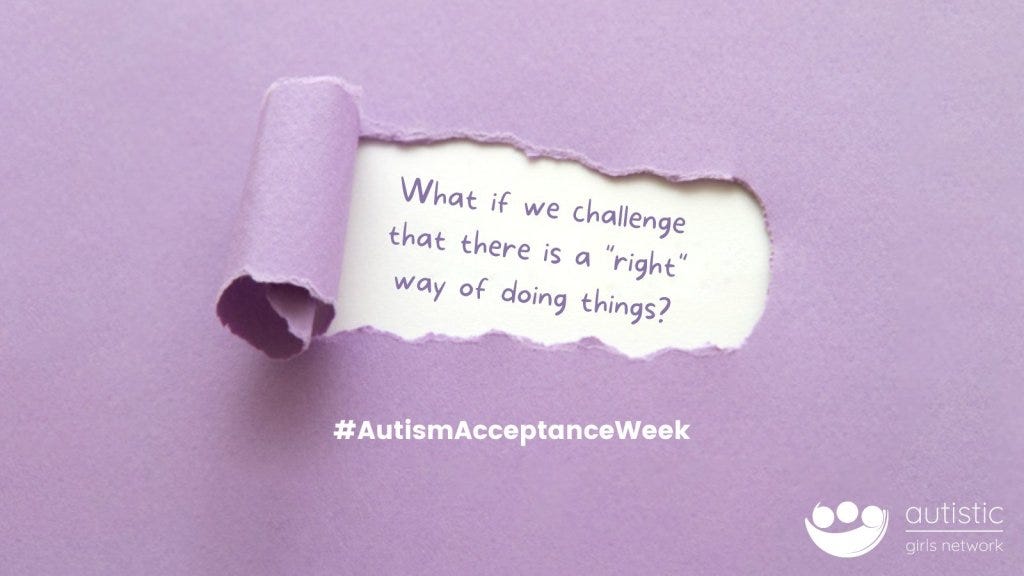
Response: There seems to an aversion to talking about those people who have to live in care homes because their autism is so bad. For some reason. Perhaps because it doesn’t fit the narrative?
And finally, someone accused me of not being autistic because I disagree with their glamourisation narrative, which is the only argument these people actually have. I then got blocked. If I wasn’t autistic I’d probably be skipping in the fields blissfully unaware of all this neurodiversity nonsense, because it wouldn’t affect my life. And I probably wouldn’t be arguing on Twitter because I would have things like an actual sex life. So there you go.
Here’s the screenshot from my notifications for posterity:
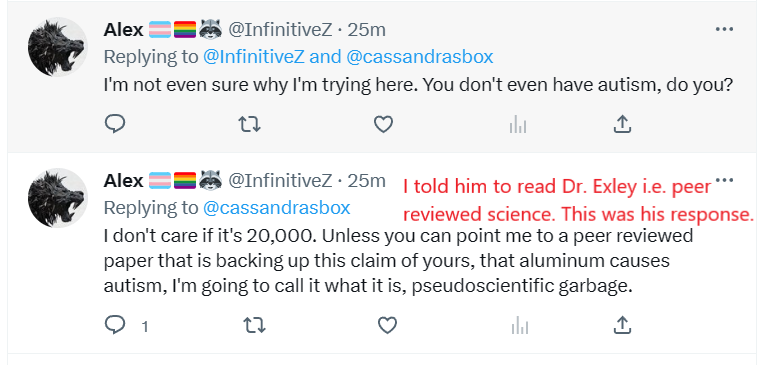
(Twitter brings out the worst in me. I swear.)
Now for the serious bit. Neurodiversity is extremely easy to debunk. Everyone agrees that severe anxiety, sensory issues and gastroenterological symptoms are a bad thing. Yet when you put the label ‘autism’ on those things, they are magically good? Blatant nonsense. Some neurodiversity promoters (who are not always autistic themselves, by the way) like to talk about the ‘special talents’ of autistic people, or what I call the ‘autistic savant’ trope. Some of the neurodiversity brigade then object to this and claim that autistic people aren’t actually savants.
But the whole concept of neurodiversity is based upon the ‘autistic savant’ trope, whether they admit it or not. In order to make the case that autism is actually a good thing, you need to be able to point to something objective that makes autism actually good. As I said, you can’t point to, say, gastroenterological symptoms and try to glamourise those, because everyone would (rightly) think you were insane. So you have to pick something else. Which means the only fall back is the autistic savant trope – that autistic people have some sort of unique intelligence due to their special interests.
Claiming neurodiversity is good on this basis is also a catastrophic failure, of course. The most obvious reason it is a failure is it ignores the vast majority of autistic people, 78% of whom don’t work, many of whom are non-verbal in care homes because their autism is so severe. These people’s suffering is never mentioned by the neurodiversity activists. They clearly are not contributing to humanity with their special talents. When you have to erase 80% of a thing to make the other 20% of a thing look good, you are clearly off to a non starter.
But even in the case of high-functioning autism, this argument is nonsense, because absolutely everything an autistic person has done in their lives would be easier if they didn’t have autism. For example, if an autistic person lucks out and gets offered a job, it would have been much easier to get a job without autism. Even something as simple as holding eye contact in a job interview has to be forced and managed if you are autistic whereas a normal person would do it automatically. And that is very simple, straightforward, and easy to understand example. If I had to explain how many times sensory issues and anxiety have prevented me from doing things that I could have achieved, or destroyed my enjoyment of things, we would be here all day.
Unfortunately, for psychological reasons, the ‘neurodiversity’ narrative is appealing to some people with autism. This is because it allows them to psychologically compensate for what they cannot have because of autism (healthy sexual relationships, for example, or peace of mind due to horrific anxiety and sensory issues) by flipping the script and claiming that their autism actually gives them a deeper understanding of the world or makes them special.
Non-autistic people often promote it on the level of ‘be kind’, or naively believe it’s just about ‘diversity’. In some cases, they have been misled by propaganda, and believe in the ‘autistic savant’ trope. This is why stuff like The Big Bang Theory is so destructive as it portrays this very narrow view of autism as being ‘savant with a PhD who is maybe just a bit weird and has problems getting laid, and oh by the way is extremely witty and cutting’. (I have a pet conspiracy theory that TBBT is actually some form of big pharma propaganda.)
Or perhaps, people believe that autistic people may as well believe neurodiversity than see the truth of how bad we have it. They don’t believe our lives are actually good, and there is no way in hell they would be us, but they will let us blather on about how special we are and nod along because they think it may ease our psychological burdens. Clayton Atreus, a paraplegic who later committed suicide, highlights this phenomena.
You’ll notice that I haven’t mentioned the vaccine-autism link in this argument. That’s because everything above does not require the vaccine-autism link. Autism could be 100% genetic, and neurodiversity would still be nonsense.
Here’s the antivaxxer bit.
We need some antivaxxer counter propaganda, to oppose this godawful narrative that is glamourising the horrors of autism. I propose ‘Autism is Unacceptable Week’, where we highlight the facts that the neurodiversity brigade want you to ignore.
For example:
- A life expectancy of 36-39.5 (for severely autistic people) and 58 (for moderately autistic people) is unacceptable. (I don’t believe in ‘mild’ autism in the same way I don’t believe in mild myocarditis).
- Vaccination-induced severe anxiety caused by brain aluminium is unacceptable.
- Vaccination-induced gastroenterological symptoms are unacceptable.
- A 22% employment rate is unacceptable. (I understand the point that this system is so corrupt, that who would want to work in/for it? The point I am making here though is that being able to work is an imperfect but relevant proxy for ‘functioning in the real world’ and this statistic exposes the reality of autistic non-functioning).
- Vaccination-induced inability to live independently is unacceptable.
- Vaccination-induced inability to have a loving relationship and a sexual partner as an adult is unacceptable.
-
The destruction of a whole generation of children in the name of Pharma is unacceptable.






